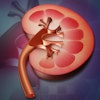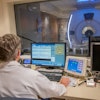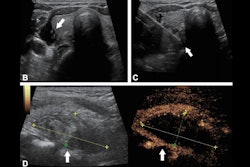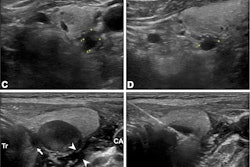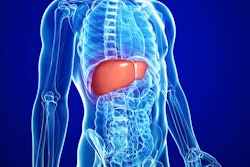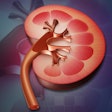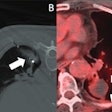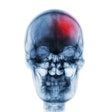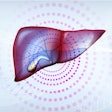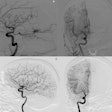Ablation is the most cost-effective treatment for hepatocellular carcinoma (HCC), researchers have found.
A team led by Resmi Charalel, MD, of Weill Cornell Medicine in New York reported that the technique had the lowest median procedure cost compared with surgery or transplant, at $6,689. The findings were published June 21 in the American Journal of Roentgenology.
“Total and out-of-pocket costs for index procedures, as well as for 30-day and 90-day postprocedure periods, were lowest for ablation—followed by resection and then transplant,” Charalel said in a statement released by the AJR.
Previous research has described survival and morbidity differences among treatment options for HCC, which include ablation, surgical resection, and transplant, the team explained. But more clarity is needed to understand drivers of each treatment's costs and any barriers to the delivery of care, it wrote.
Charalel and colleagues explored the issue via a study that used information from the Surveillance, Epidemiology and End Results (SEER)-Medicare database, including 1,067 beneficiaries diagnosed with early-stage HCC (tumor size equal to or less than 5 cm); of these, 623 underwent ablation, 201 underwent surgery, and 243 received a transplant between January 2009 and December 2016. The investigators track total costs and patient out-of-pocket costs for each procedure as well as any additional care within 30 days and 90 days after the procedure.
The team found that ablation was the most cost-effective choice.
| Cost comparison of HCC treatments | |||
|---|---|---|---|
| Measure | Transplant |
Surgery |
Ablation |
| Median index-procedure total cost | $66,034 |
$25,614 |
$6,689 |
| Index-procedure out-of-pocket cost | $1,317 |
$1,650 |
$1,235 |
| 30-day total cost | $69,856 |
$29,754 |
$9,456 |
| 30-day out-of-pocket cost | $3,198 |
$2,208 |
$1,646 |
| 90-day total cost | $88,103 |
$34,984 |
$14,572 |
| 90-day out-of-pocket cost | $3,876 |
$2,462 |
$2,138 |
| All results statistically significant | |||
The group also reported that when it adjusted for socioeconomic factors, comorbidities, and liver-disease prognostic indicators, surgical treatment – either resection or transplant – was associated with "significantly greater costs compared with ablation at all time points."
"[Our findings] could help inform future cost-effectiveness analyses," Charalel and colleagues concluded.
The complete study can be found here.

